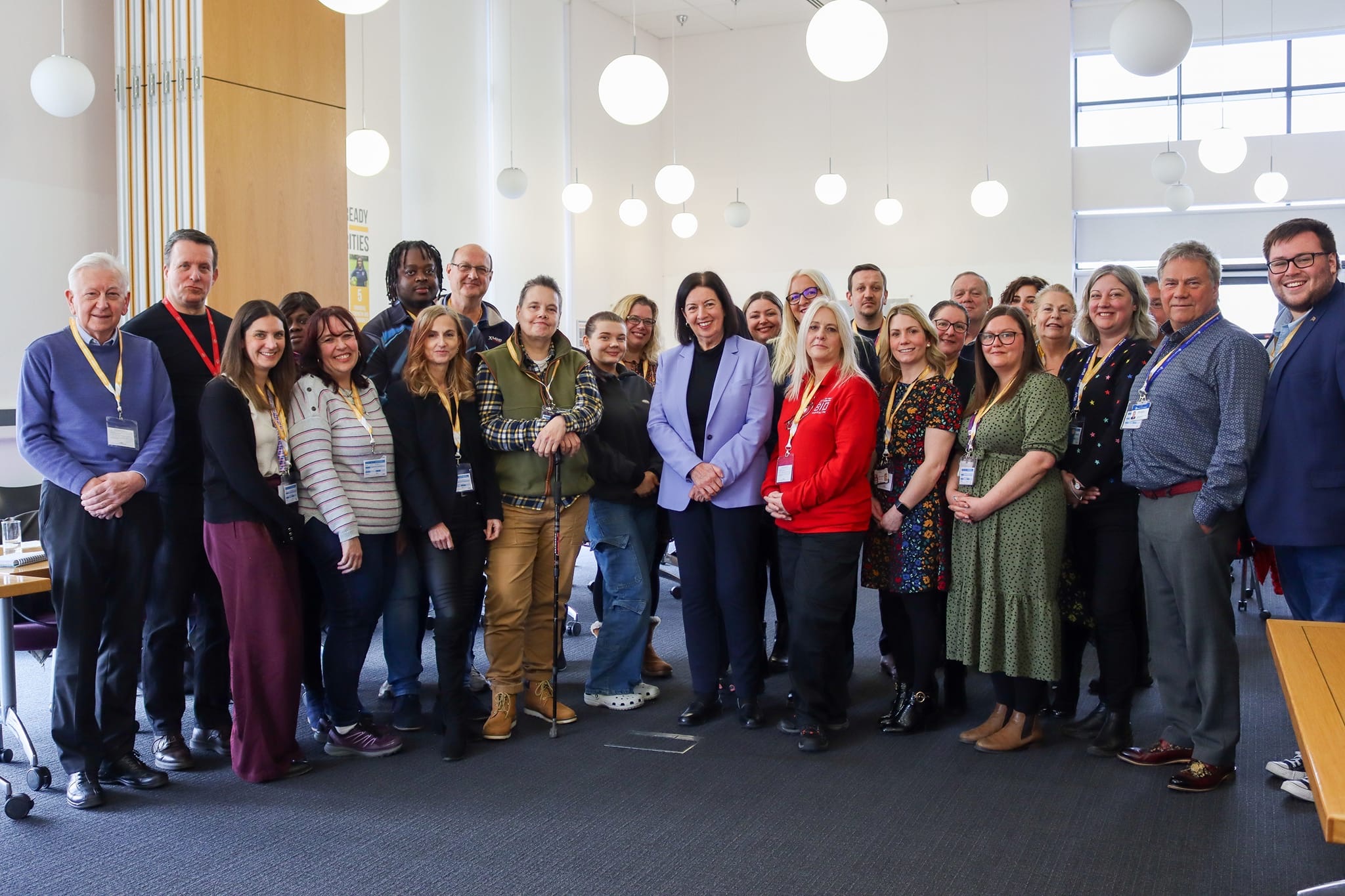Next month charities across the UK will be celebrating the 40th anniversary of Volunteers’ Week. It’s an opportunity for charities and the wider public to recognise, celebrate and thank the UK’s incredible volunteers for all they contribute to our local communities, the voluntary sector, and society as a whole. It is also a call to action, to encourage those who have got out of the habit of volunteering, or maybe never had the opportunity, to consider how they might be able to help out and give their time.
Latest data from the National Council for Voluntary Organisations calculated that around 14.2m people in the UK have volunteered through a group, club or organisation, with many more volunteering informally. However, levels of formal volunteering have declined since Covid, and remain well below pre-pandemic levels.
This is a major concern for charities, with 40% reporting that a lack of volunteers has stopped them meeting their main objectives. Small charities particularly, which make up 80% of the 165,000 registered charities in England, are facing huge issues with volunteer recruitment and retention.
Many charities are in fact victims of their own success. They often deliver vital services that the public values and which are not currently (or fully) delivered through public sector bodies. The voluntary sector is often asked to do more, but without the funding to match. The increase in need isn’t being matched by an increase in volunteering capacity.
When people are asked why they volunteer, the most common motivation is simply the desire to make a difference. But people also gain a sense of achievement by volunteering. They make new friends, gain new skills, and improve their career prospects. Indeed, as well as the significant value to society, a recent report by the British Heart Foundation found that volunteering also has clear benefits to the individual and can play a key role in contributing to the Government’s ambitions around increasing healthy life expectancy, Levelling Up and tackling loneliness. In particular 94% of volunteers agreed that volunteering had helped them to feel less isolated or lonely. 92% agreed that volunteering had helped their mental health and 80% agreed that it had helped their physical health.
Volunteering also keeps our high streets alive and preserves our national heritage. Many high streets would be completely abandoned without the presence of charity shops, and we would lose the soul of our towns and cities. Charities are reliant on volunteers to run their retail operations, without which the charities would cease to exist, as the vast majority of their income has to be generated through commercial activities. Equally, many heritage sites, for instance National Trust properties, would not survive without an army of volunteers, and passing our knowledge of history on to future generations would be impossible.
We know the profound benefit that volunteering has on the individual, on communities and on society. But there are still many barriers to overcome. Government has invested in removing these barriers. In March last year, the Department for Culture, Media and Sport launched the Know Your Neighbourhood Fund of up to £30 million, to widen participation in volunteering and tackle loneliness in 27 disadvantaged areas across England. However, we can still do more. There is no current, effective strategy for volunteering in England, and the UK doesn’t measure the work of volunteers and voluntary organisations, so we can’t fully assess its contribution to society.
The increasing financial barriers to volunteering mean even fewer people from deprived areas volunteer. The NCVO will be publishing a report at the end of May that takes a deeper look at the Time Well Spent data on deprivation and volunteering. We could make volunteering more affordable by reviewing and uplifting the Approved Mileage Allowance Payment. The approved rate has not changed since 2012, despite the costs associated with motoring having increased significantly.
Social prescribing is a great opportunity to grow the volunteer base, but funding needs to support organisations at the delivery end. It moves us away from medicalising every person’s needs and looking to helping in a different, community-based way. Examples of this include helping people with obesity, by signing them up to healthy activities, or addressing loneliness by promoting, for example, participation in group craft activities.
Volunteering provides the opportunity for many to reconnect with their communities and know that they are valued. Ensuring the growth of volunteering represents a great return on investment for any government seeking to grow our social fabric and the wellbeing of the nation.


